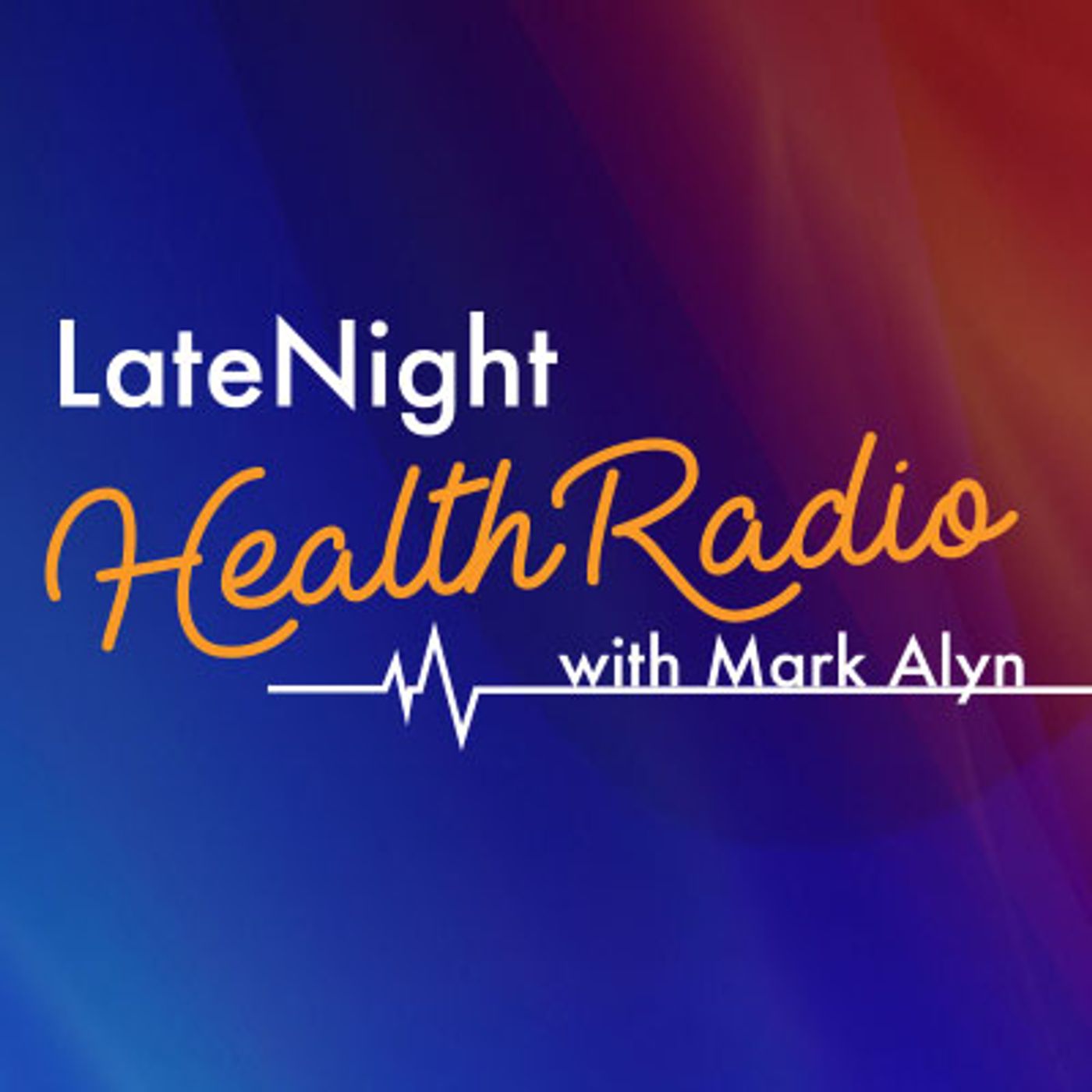
About
If you’re over 45, you’re probably not sleeping as well as you once did. You may have even grown accustomed to the brain fog that muddles your thinking. You’re not the only one feeling drowsy. The CDC says more than a third of American adults are sleep deprived on a regular basis. The answer may be combining tried-and-true sleep basics with new sleep technology. “Sleeping fewer than six hours on a regular basis is a health concern,” comments neurologist Dan Cohen, MD, who has dedicated his career to helping people sleep better.
“Decades of research, involving millions of people, show that chronic sleep deprivation is associated with increased risks of obesity, diabetes, heart disease, cancer and dementia.” Our sleep cycles get messed up as we age Delta, or slow wave sleep stage, is associated with deep, restorative sleep. Delta sleep occurs mainly in the first half of the night, enabling you to sleep the rest of the night. “Delta sleep is more important than the other sleep stages of sleep regarding physical health. It is when the body secretes human growth hormone. Delta sleep enables the body and brain to recover from daytime activities, relieves stress and can have a dramatic impact on overall health,” explains Cohen. “It is also associated with performing better on memory tasks the next day.”
Dr. Cohen joins Mark Alyn to talk about better sleep on this episode of Late Night Health.
Read more“Decades of research, involving millions of people, show that chronic sleep deprivation is associated with increased risks of obesity, diabetes, heart disease, cancer and dementia.” Our sleep cycles get messed up as we age Delta, or slow wave sleep stage, is associated with deep, restorative sleep. Delta sleep occurs mainly in the first half of the night, enabling you to sleep the rest of the night. “Delta sleep is more important than the other sleep stages of sleep regarding physical health. It is when the body secretes human growth hormone. Delta sleep enables the body and brain to recover from daytime activities, relieves stress and can have a dramatic impact on overall health,” explains Cohen. “It is also associated with performing better on memory tasks the next day.”
Dr. Cohen joins Mark Alyn to talk about better sleep on this episode of Late Night Health.
Comments